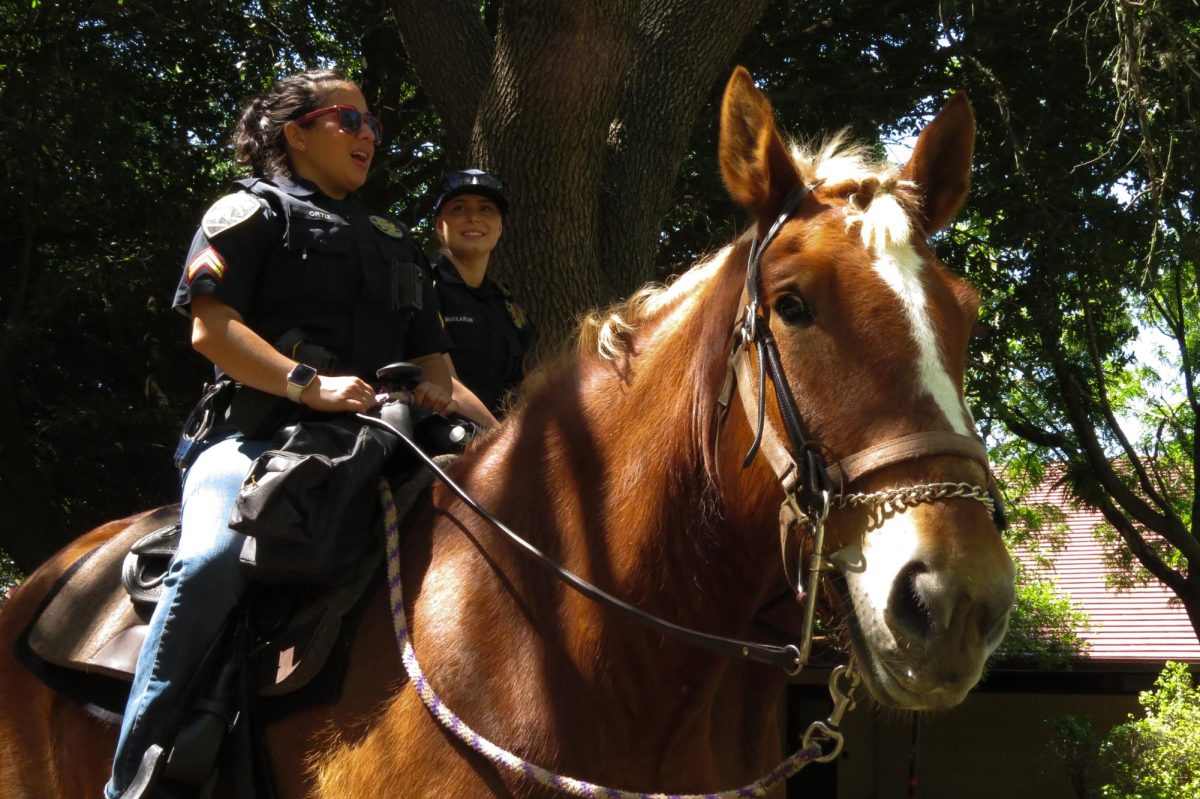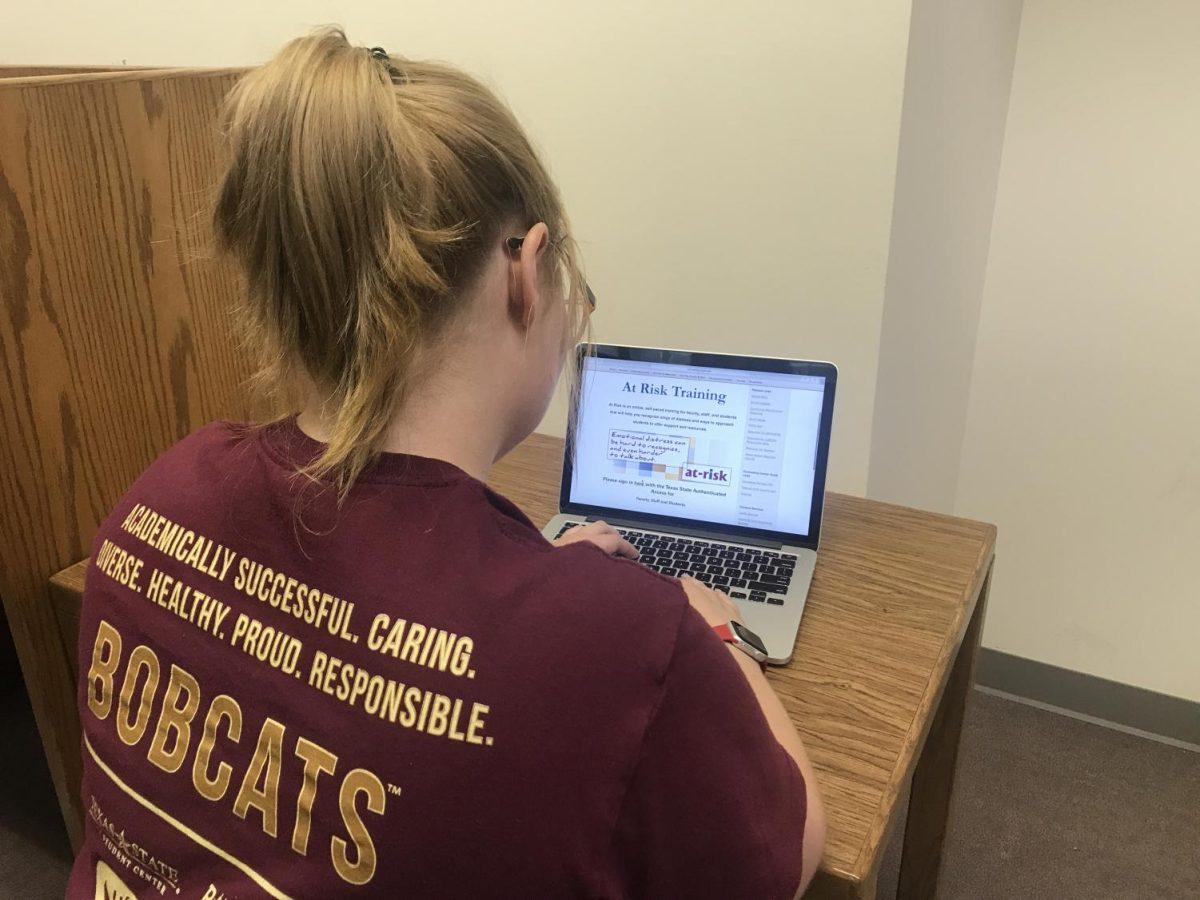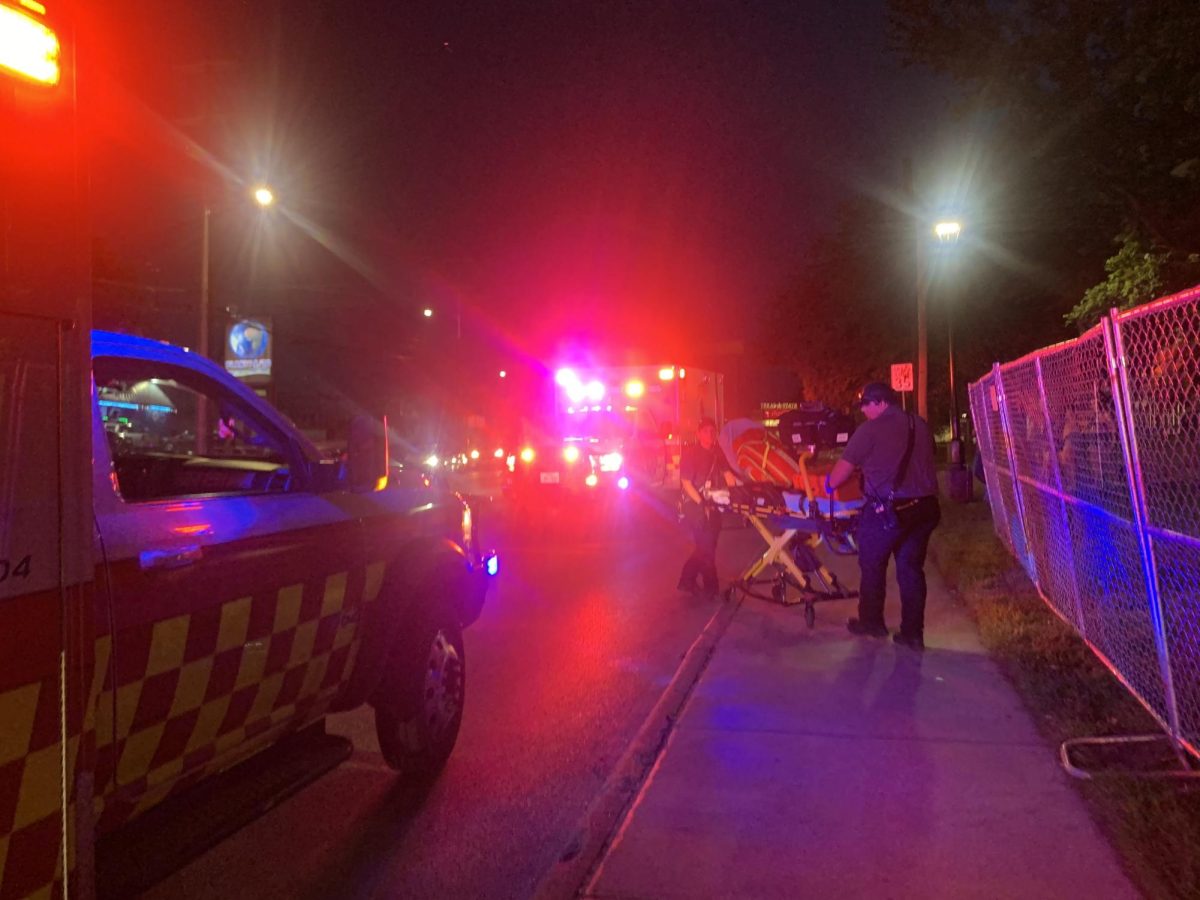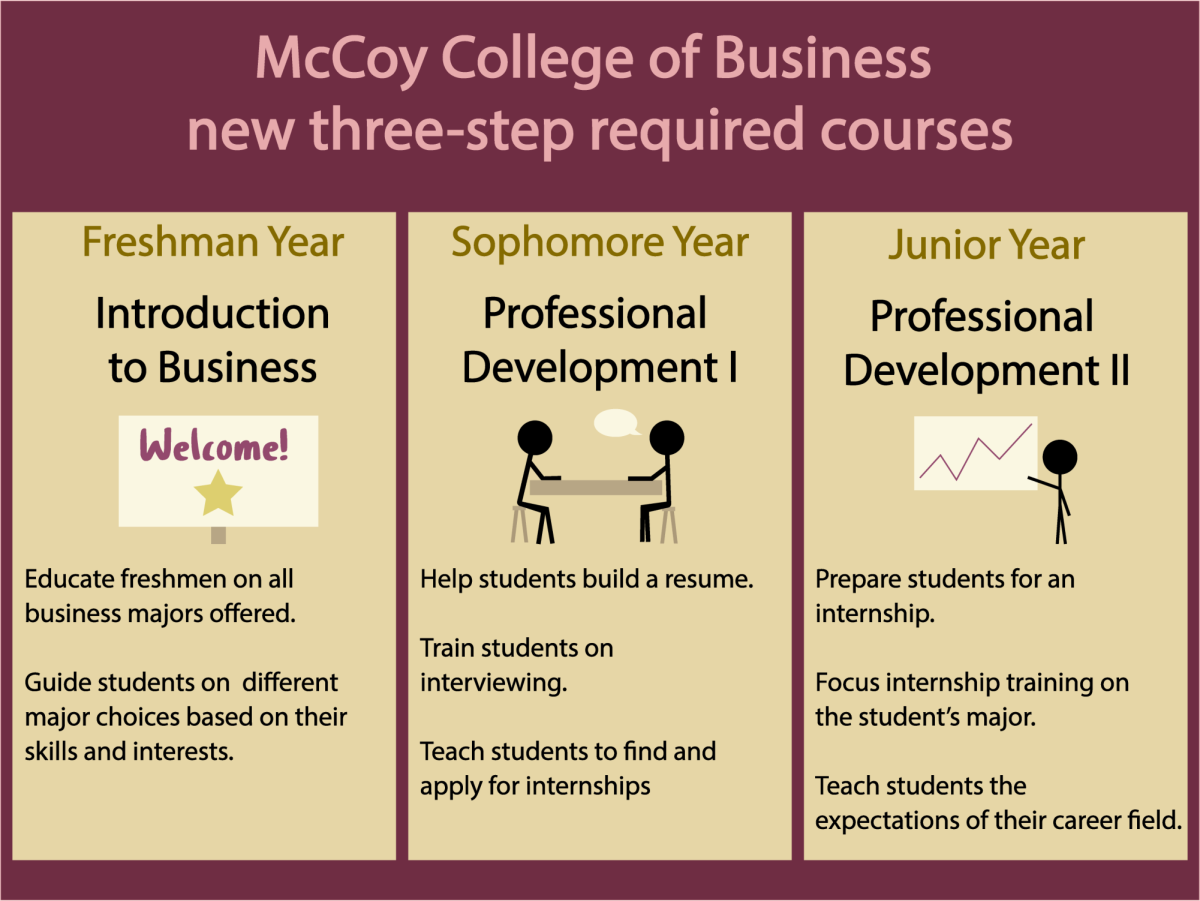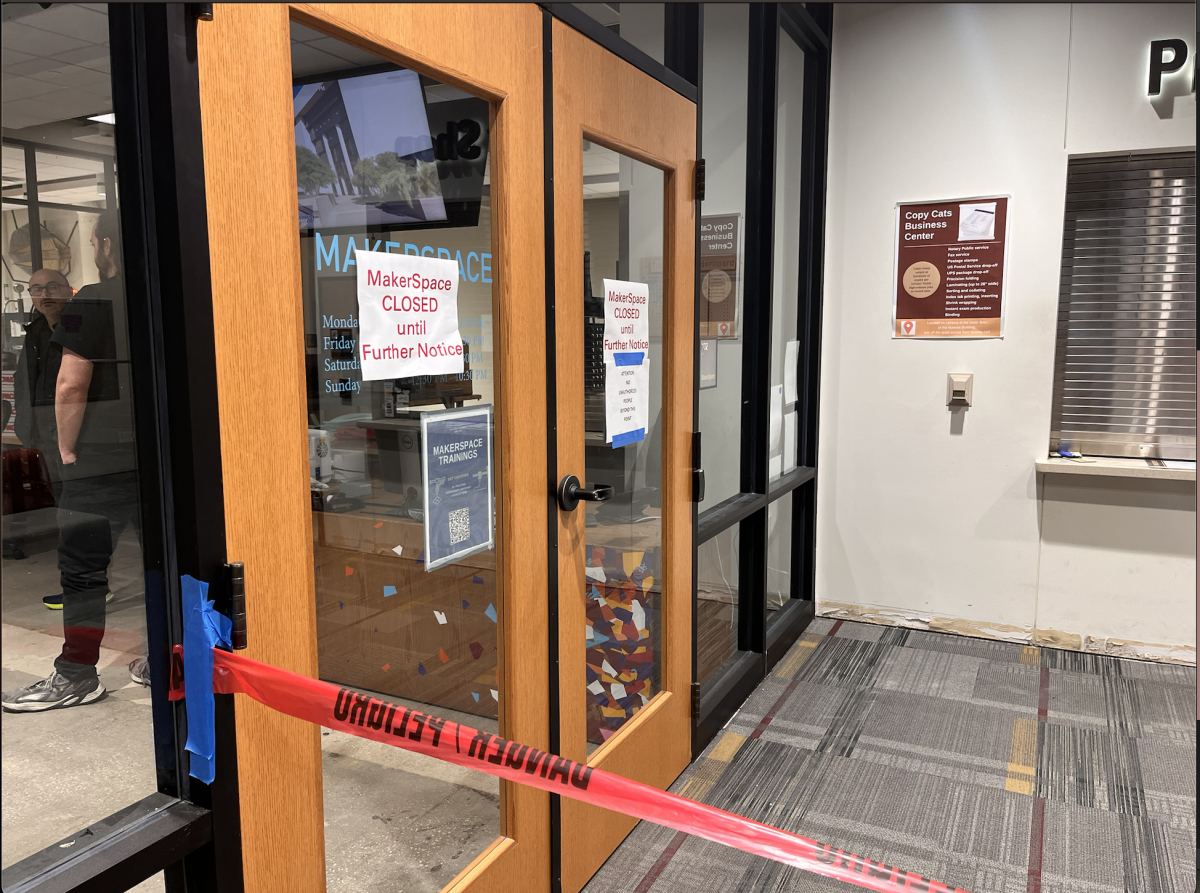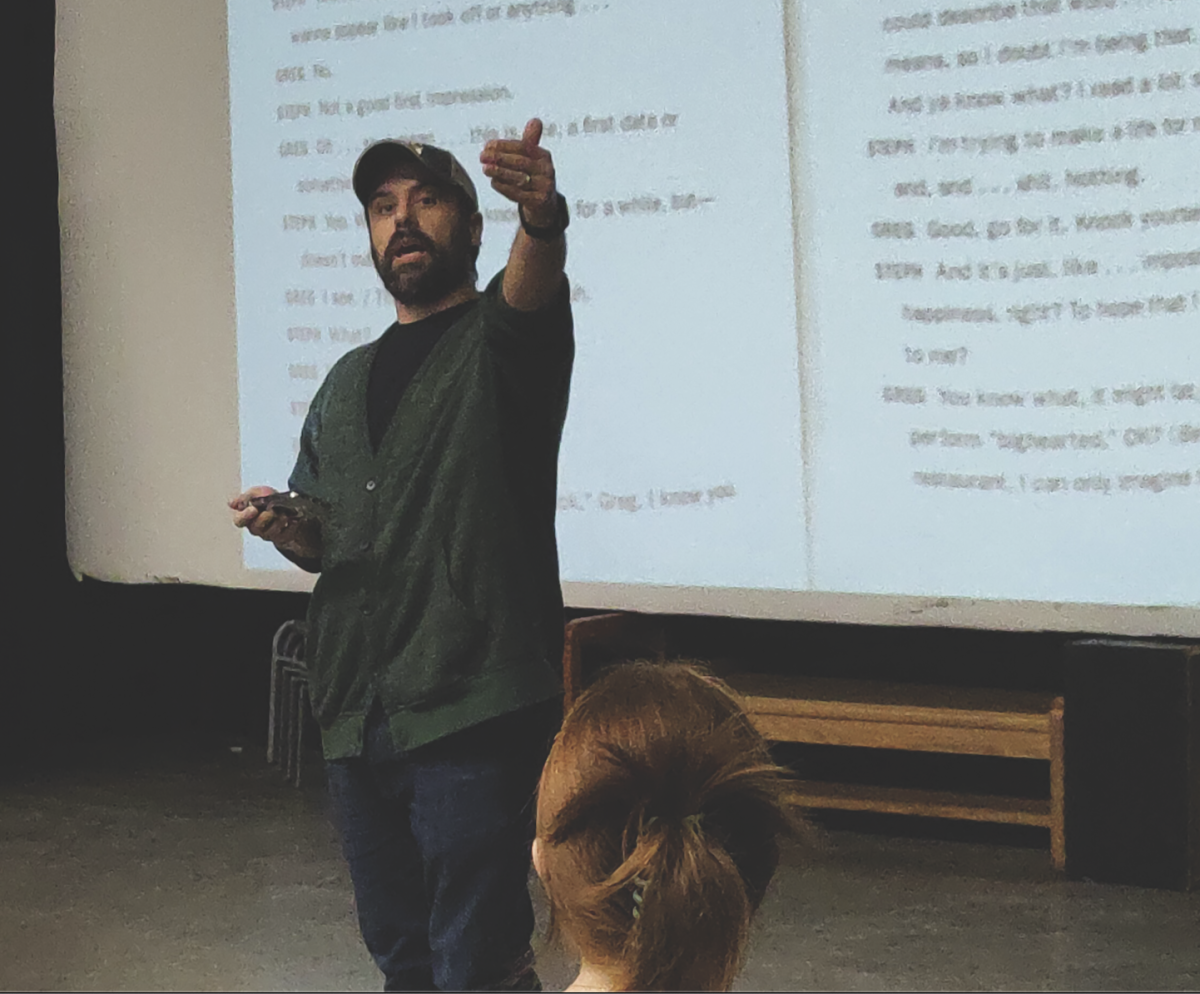The Counseling Center is introducing role-playing simulation technology that recognizes anxiety and depression.
The Counseling Center has partnered with Kognito, a health simulation company, to offer a program that will allow students, faculty and staff training on recognizing signs of distress and how to approach them in an effective manner.
At Risk Training is a simulation program that has been accessible through the Counseling Center’s website for the past seven years.
At Risk Training gives users multiple conversational topics to conduct with a simulated character who responds with human emotions and thoughts to imitate someone in distress. Users get the opportunity practice the right approach in talking to a distressed individual.
At Risk Training was co-founded by Glenn Albright, director of research at Kognito and psychology professor at Baruch College. Following the Virginia Tech shooting in 2007, Kognito took initiative to apply and prioritize mental health role-play simulations as one of the company’s main focus. By participating in the program, students and faculty can learn how to approach those who have experienced something traumatic.
Kognito introduced the At Risk Training simulation to universities across the nation, which runs successfully at 300 college campuses. The company has partnered with 10 Texas universities including Texas A&M and University of North Texas Dallas.
“(The simulation) is training faculty how to identify students in distress, how to talk to them in a way to make them feel safe and comfortable, and if necessary, to make a referral to the counseling center,” Albright said.
According to the Anxiety and Depression Association of America, 30 percent of college students reported stress had negatively affected their academic performance.
“Now is the time to do something about it before (students) graduate from college and go out in the workforce,” Albright said. “The whole idea of this program is to help students in distress, get them help they deserve and make the quality of their life better.”
The simulation is not a substitute for counseling, but a way to capture the signs of distress before they grow worse.
Heather Aidala, interim director of the Counseling Center, said At Risk Training is not to replace counselors in any way.
“This is not therapy in and of itself,” Aidala said. “What (the simulation) provides is a way for Bobcats to be able to identify stress in their peers or for employees to be able to identify stress in the students they are working with. It is important to ensure they know how to talk about that distress.”
Aidala said she believes there are lifelong skills within this program that can be beneficial beyond college, like talking with others who are trying to persevere through hardships.
“(Participants) can evaluate if there’s any suicidal thoughts, safety concerns and how to get students connected to resources like the Counseling Center where, if appropriate, they can engage in therapy.”
Morgan Boos, special education interdisciplinary studies freshman, said she thinks this program has the potential to benefit the student body as a whole.
“As a student, you might not recognize things somebody is going through but if you know the signs, then it is easier to spot and prevent things such as suicide and (a situation where) your roommate wants to drop out of (college).”
She believes At Risk Training can contribute to special education teaching when working with children who may not have the ability to speak. She said this training can expose her to signs such as body language or the attitude of the simulation character, which allows her to pick up on cues faster than aimlessly trying to figure out what is wrong.
The implementation of the simulation encourages the proper behavior and reactions to those suffering with anxiety and depression. Resources dealing with such issues can be found on the Counseling Center website.





